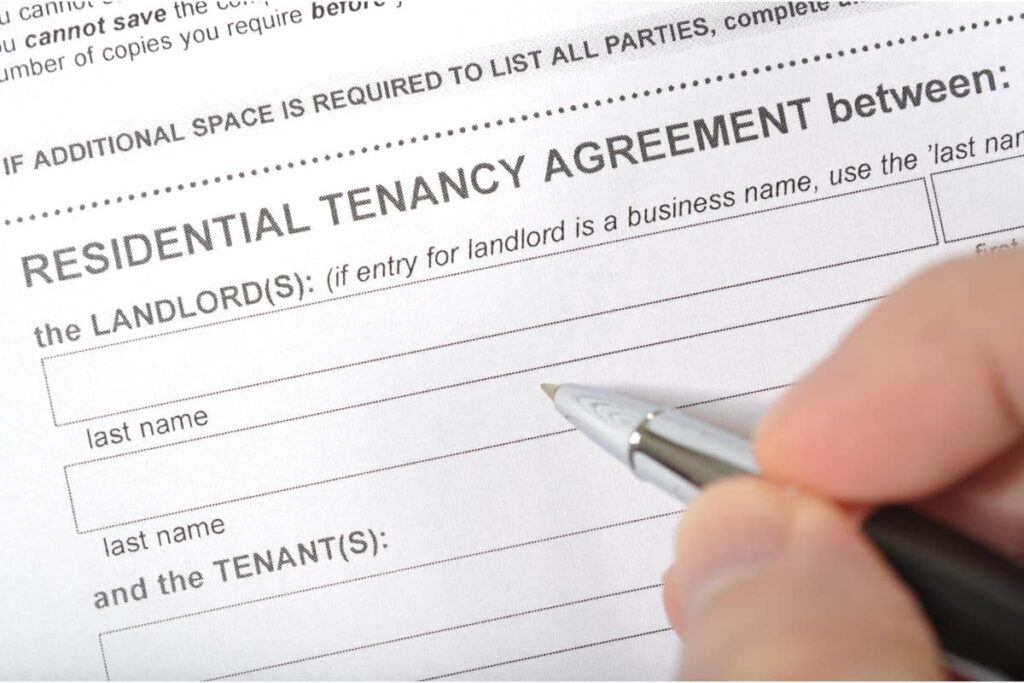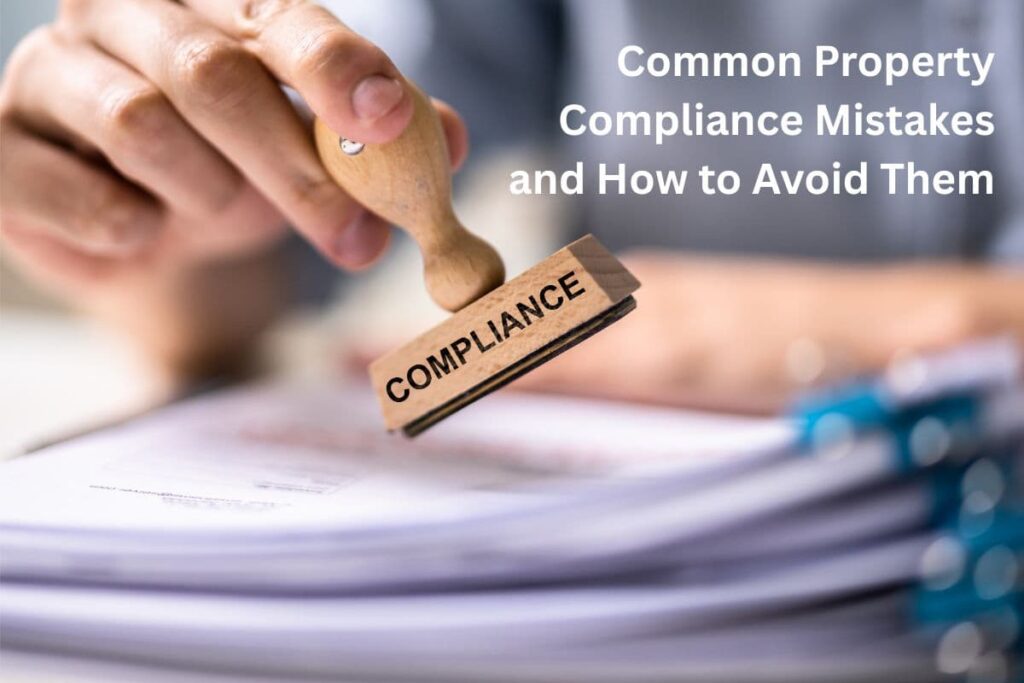Introduction: The High Cost of Property Compliance Mistakes in NZ
Property compliance in New Zealand isn’t just a regulatory box-ticking exercise – it’s fundamental to asset performance, risk management, and tenant/owner satisfaction. Yet, property owners and managers across the spectrum, from Beginner Investors and Body Corporate Managers to Property Portfolio Managers, face a rapidly evolving maze of rules that can expose them to fines, disputes, and reputational harm if misunderstood or overlooked.
Failing to stay compliant isn’t just risky; it’s expensive. Recent fines for non-compliance with Healthy Homes standards alone can reach up to $7,200 per incident, not to mention the risk of forced vacancies, loss of insurance, or costly legal disputes. For anyone managing property, from those with a single investment to professionals overseeing whole portfolios, a single overlooked detail can have outsized consequences.
Most Common Compliance Mistakes Property Owners Make

New Zealand property owners frequently fall foul of compliance in a handful of recurring areas. Below are the most prevalent, with notes for each persona:
- Incomplete or Missing Tenancy Agreements: Many landlords still neglect to include Healthy Homes and insulation statements, or fail to lodge bonds on time. Each omission can attract fines up to $1,000.
- Unenforceable Lease Clauses: Including non-compliant or unclear clauses, like mandatory commercial carpet cleaning, can lead to disputes and invalidate parts of the agreement.
- Improper Notice for Property Access: Failing to provide required notice (48 hours for inspections, 24 for maintenance) is a frequent trigger for tenant disputes and Tribunal referrals.
- Delayed or Unlicensed Maintenance: Both large portfolio managers and small investors sometimes accept cheap, unlicensed repairs that later fail compliance audits, risking insurer rejection or direct fines.
- Overlooking Privacy and Data Requirements: Increasing digitisation means more property managers must guarantee compliance with the Privacy Act – secure data storage and disclosure are musts.
- Mismanagement of Bond Payments: Bonds must be lodged with Tenancy Services within 23 working days; delays are frequent, especially with out-of-region or self-managed portfolios.
- Inconsistent Notice for Rent Increases or Terminations: Not following correct notice procedures for rent increases or ending tenancies leads to legal complications, particularly in regional or multi-unit holdings.
- Lax Healthy Homes and Smoke Alarm Compliance: Failing to upgrade insulation, heating, ventilation, or maintain smoke alarms can draw immediate penalties and invalidate insurance coverage.
Investor Insights:
- Beginner Investors often miss documentation or notice requirements due to a lack of experience.
- Body Corporate Managers face compounding complexity from legislative changes, ageing building schedules, and owner reporting demands.
- Property Portfolio Managers struggle with consistency and timely compliance across regions and property types, especially when scaling their holdings.
Read more: Understanding Property Compliance: A Beginner’s Guide
Proactive Strategies to Avoid Compliance Pitfalls

Professional edge in compliance comes from shifting from reactive to proactive management, deploying systems and habits proven to work:
- Standardised Digital Records: Adopt property management or compliance software with real-time updates to automate key tasks, inspections, document storage, compliance reminders, and rent tracking, minimising oversight.
- Regular Compliance Audits: Schedule at least annual Healthy Homes or Building Warrant of Fitness (BWOF) checks (or more frequently for complex, multi-unit sites); make this a portfolio-level practice, not just a one-off.
- Licensed Professionals for Maintenance: Only engage licensed trades for regulated work (electrical, plumbing, gas fitting). This protects portfolio value and insurance eligibility.
- Template Agreements & Clauses: Use up-to-date, legally vetted tenancy agreement templates that include all required statements and forbid unenforceable clauses.
- Centralised Communication Tools: Streamline communication and notice delivery with tenants via documented, auditable channels, especially vital for Body Corporate Managers with multiple stakeholders.
- Ongoing Training & Briefings: Regularly attend webinars or subscribe to industry updates (SCA, NZPIF, REINZ, MBIE bulletins). Even high-volume managers need training refreshers given the pace of legislative change.
Read more: Essential Property Compliance Requirements in New Zealand
How to Stay Updated on Changing Compliance Laws
New Zealand’s compliance environment evolves rapidly, with changes flowing from the government, the courts, local councils, and industry bodies. To stay ahead:
- Join Professional Networks: Memberships in industry bodies (Strata Community Association NZ, Property Investors Federation) offer updates and peer benchmarking.
- Automated Software Updates: Use software that updates compliance checklists and generates alerts when the law changes.
- Leverage Government Resources: Regularly check MBIE, Tenancy Services, and Building.govt.nz for new statements, standards, or fines.
- Continuous Education: Book into periodic seminars, industry forums, and read official newsletters; set aside time each quarter for compliance learning.
Read more: How to Stay Updated on Changing Property Compliance Laws
Case Studies: Learning from Real-World Pitfalls
- Healthy Homes Non-Compliance: Two Auckland landlords jointly fined $25,900 for failing to meet Healthy Homes requirements. Common errors included lack of required documentation and poor maintenance, underscoring the high stakes for even a single oversight.
- Building Warrant of Fitness Lapses: Owners of commercial properties in Auckland and Wellington fined $20,000+ for failing to renew BWOFs, with further $2,000 per day penalties.
- Code Compliance Certificate (CCC) Impact: Residential properties without CCCs sold for significantly less and languished on the market; office buildings with up-to-date CCCs achieved premiums, highlighting compliance as a driver of value and liquidity.
- Data and Notice Mishandling: Tribunals have awarded tenants compensation for breaches of privacy and improper notice, costing landlords thousands and resulting in negative media coverage.
Conclusion
Compliance mistakes are rarely the result of malice – they’re most often due to complexity, scale, and habit. But as fines rise and scrutiny increases, a structured, proactive approach is essential. For Beginner Investors, mastering compliance early delivers peace of mind and better returns. For Body Corporate and Portfolio Managers, robust systems, ongoing training, and reliable partners are crucial to safeguard value and reputation across all properties.
Frequently Asked Questions
Do compliance laws differ for commercial and residential properties?
Yes. Commercial and residential properties are subject to different sets of laws and compliance standards, such as building codes, health and safety, and (for residential) tenancy, bond, and Healthy Homes rules. Commercial properties have stricter Building Act and fire/egress requirements.
Can I be fined for a non-compliant property?
Absolutely. Fines range from $500 (for missing compliance statements) up to $7,200 for each breach of Healthy Homes. For severe BWOF or fire code failures, penalties can reach $20,000 or more, plus daily fines for ongoing offences.
What’s the biggest compliance mistake landlords make?
The most common and costly mistake is not keeping up with legislative changes. This often leads to missing documentation, reliance on outdated lease templates, errors in bond processing, or failing to complete regular Healthy Homes or safety checks. The solution: deploy modern technology, maintain regular education, and seek expert advice for complex portfolios.
Hallmark & Stone’s Support
Hallmark & Stone understands the pain points unique to each property owner and manager:
- Body Corporate Managers must navigate frequent changes for multi-unit buildings, balancing competing interests and deadlines.
- Property Portfolio Managers need to track compliance across regions and property types, often with little time to spare.
- Beginner Property Investors face a daunting array of acronyms, forms, and fines, often with little guidance.
We provide:
- Tailored alerts matched to your property holdings
- Compliance reviews and risk assessments
- Document management and recordkeeping solutions
- Regular training and webinars for clients and committees
- Proactive communication about pending changes most relevant to your assets
- Industry-leading advice grounded in up-to-date research and regulatory announcements
Talk to the team at Hallmark & Stone today and see how we can ensure you remain compliant – whether you are managing your first investment property or you are a Body Corporate Manager with a large portfolio.
References:
- Regulatory compliance
- Policy
- Technical standard
- Law
- Property law
- Governance, risk management, and compliance
- Property Compliance Requirements in New Zealand
